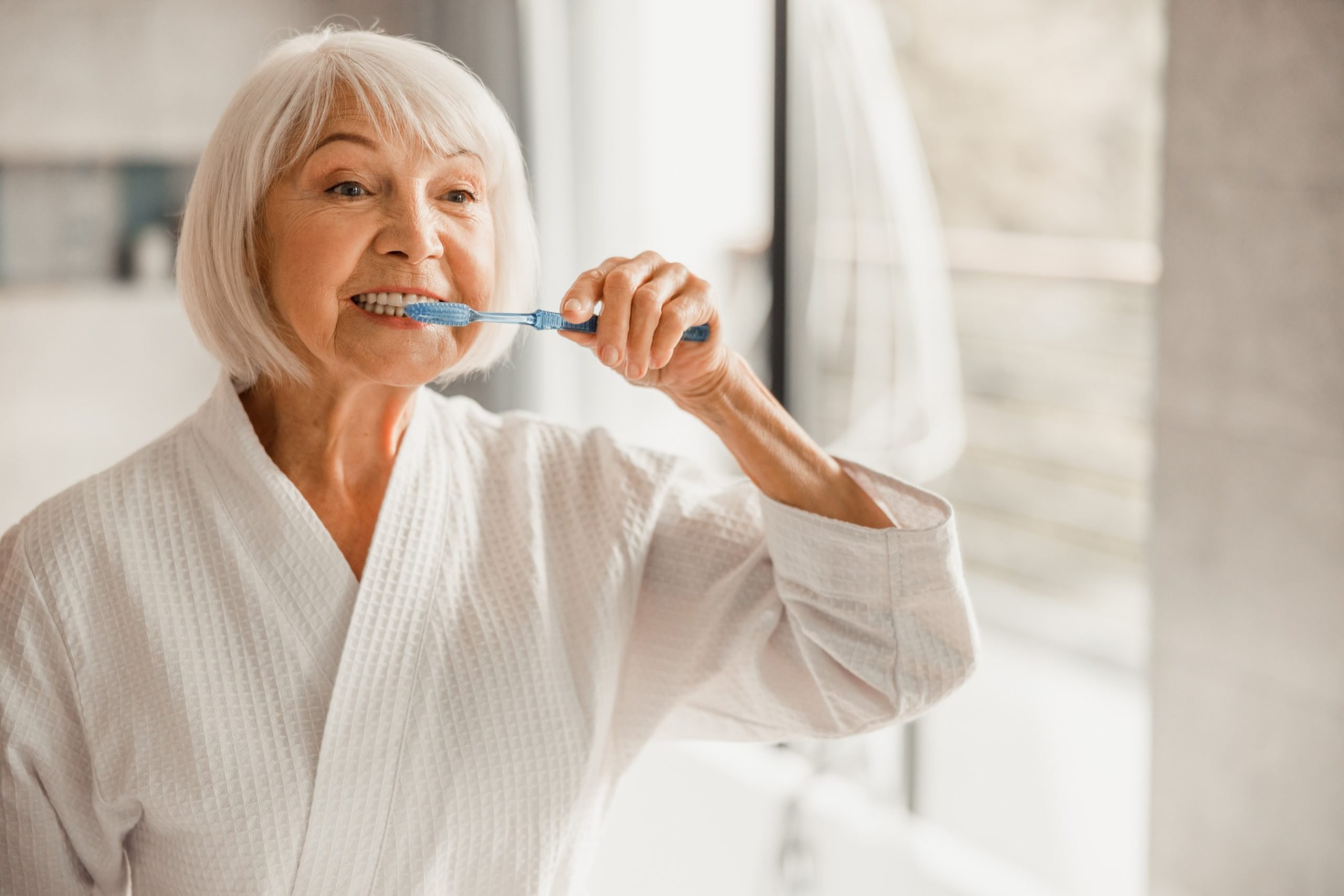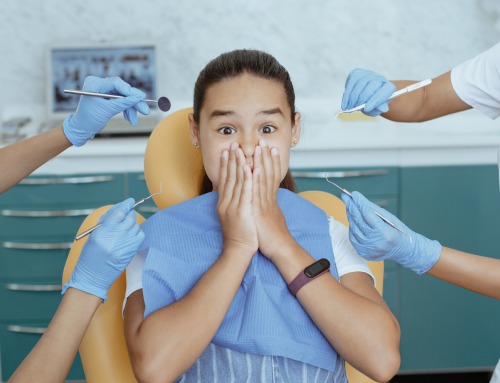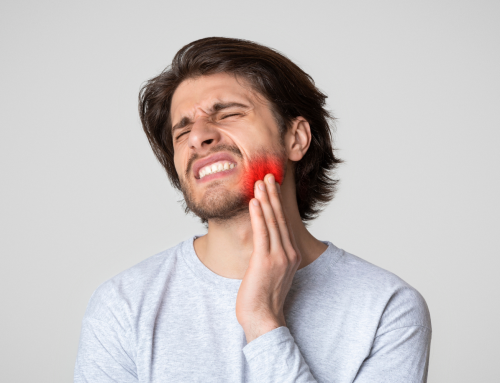As we age, our bodies undergo many changes, and our oral health is no exception. Seniors face unique dental challenges that are often more complex due to chronic health conditions, medication side effects, and natural wear and tear on teeth and gums. Research shows that older adults are more susceptible to issues such as tooth decay, gum disease, tooth loss, and dry mouth. These problems not only affect oral health but can also impact overall well-being, making it crucial to understand and address these issues proactively.
This blog will explore the common dental problems that seniors face, why they are more vulnerable to these issues and offer practical tips on how to manage and prevent them.
Common Dental Problems in Seniors
As we delve into the specific dental issues that commonly affect seniors, it’s important to understand how age-related factors can increase the risk of these problems. Let’s start by examining why tooth decay becomes more prevalent with age.
Increased Risk of Tooth Decay
Studies indicate that nearly one-third of seniors suffer from untreated tooth decay, making it one of the most common chronic conditions in older adults. Tooth decay is prevalent among seniors, and its risk increases with age. This is partly due to reduced saliva production, often caused by medications or certain health conditions. Saliva plays a crucial role in protecting teeth by neutralizing acids and washing away food particles. Without enough saliva, the mouth becomes more susceptible to cavities and decay.
The lack of sufficient saliva and the difficulty some seniors have in maintaining consistent oral hygiene due to physical limitations contribute to the high prevalence of decay in this age group.
Transition: While tooth decay is a serious concern, seniors must also be vigilant about gum disease, which can have even more severe consequences if left unchecked.
Gum Disease and Its Impact
Research shows that roughly 60% of adults aged 65 and older have some form of gum disease. Seniors are more prone to this condition due to decreased immunity, medications that cause dry mouth, and difficulty maintaining proper oral hygiene.
It starts as gingivitis, a mild form of gum disease characterized by inflammation and bleeding gums. If not treated, it can progress to periodontitis, where the gums pull away from the teeth, forming pockets that can become infected. Over time, this can lead to tooth loss and damage to the jawbone.
Tooth Loss and Its Consequences
According to the Centers for Disease Control and Prevention (CDC), nearly one in six adults aged 65 or older have lost all their teeth. Tooth loss is a common issue among seniors and can result from advanced gum disease, severe decay, or injury. Losing teeth can significantly impact a person’s ability to chew and speak correctly, leading to nutritional deficiencies and affecting self-esteem. Moreover, missing teeth can cause the remaining teeth to shift, leading to further dental problems.
Dry Mouth and Oral Cancer
Dry mouth affects about 30% of older adults, significantly contributing to the development of dental problems. The lack of saliva makes it easier for bacteria to thrive, increasing the likelihood of cavities and infections. This condition increases the risk of tooth decay and gum disease and causes discomfort, making it difficult to eat, speak, and swallow.
Oral Cancer Awareness
The American Cancer Society reports that the average age of those diagnosed with oral cancer is 64, underscoring the importance of regular dental check-ups for seniors.
Oral cancer is more common in seniors, making regular screenings essential. Symptoms may include sores that don’t heal, lumps, or changes in the texture or colour of oral tissues. Early detection is crucial for successful treatment.
Tips for Maintaining Oral Health as You Age
Given the range of dental challenges seniors face, adopting proactive measures to maintain oral health is essential. Here are some practical tips to help seniors keep their smiles healthy.
Practice Consistent Oral Hygiene
Maintaining a regular oral hygiene routine is essential for preventing dental issues. Seniors should brush their teeth twice daily with fluoride toothpaste and floss daily to remove plaque and food particles. Using an electric toothbrush can be helpful for those with arthritis or other conditions that make brushing difficult.
Stay Hydrated and Eat a Balanced Diet
Proper hydration is key to preventing dry mouth, while a balanced diet rich in fruits, vegetables, and dairy products provides the nutrients necessary for strong teeth and gums. Limiting sugary snacks and drinks can also help reduce the risk of tooth decay.
Regular Dental Visits
Regular dental visits are crucial for detecting and managing dental problems early. Seniors should schedule check-ups every six months or as recommended by their dentist. These visits allow for professional cleanings, oral cancer screenings, and the opportunity to address any concerns.
Consider Dental Prosthetics if Needed
For those who have lost teeth, it’s important to consider options like dentures, bridges, or dental implants to restore function and appearance. Replacing missing teeth helps maintain the integrity of the bite and prevents further oral health issues.
Oral health is vital to overall well-being, particularly for seniors who face unique dental challenges. By staying informed about common age-related dental problems and taking proactive steps to manage them, seniors can maintain a healthy, confident smile throughout their golden years. Regular dental care, good oral hygiene, and a healthy lifestyle are essential for preventing and managing these issues.
If you or a loved one is experiencing age-related dental problems, don’t hesitate to schedule an appointment with Somerset Dental. Let us help you achieve and maintain optimal oral health for years to come.
What surprised you about dental care as you age? What tips are you going to implement into your oral hygiene routine? Share your thoughts with our readers in the comments below.





